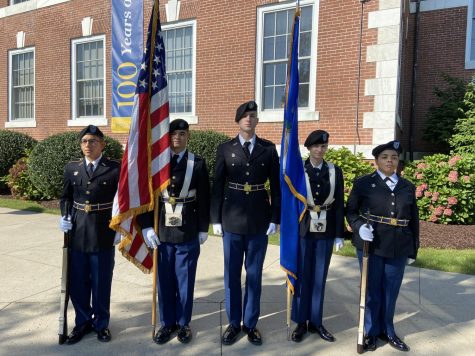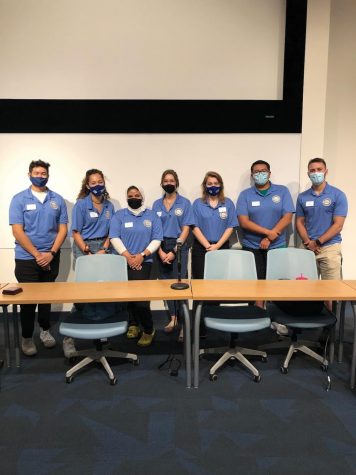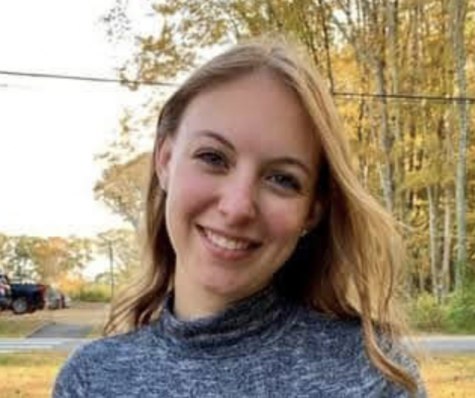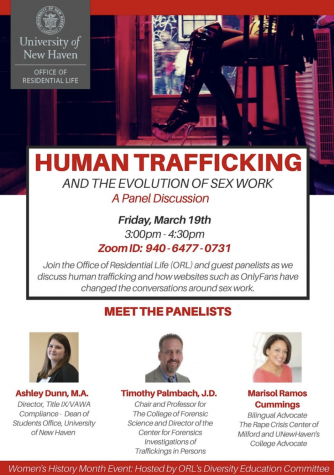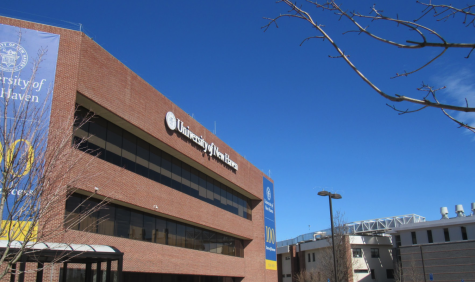NY Law Forum
For those interested in pursuing a legal education in the future, the law forum trip to New York is experience to consider in the future. The forum this year consisted of various workshops and then an open floor discussion with individual representatives from numerous law schools. Representatives from the University of Melbourne Law School Australia and McGill University Faculty of Law from Quebec were only a few that were present to talk to students. The “Application Process Workshop” started things off, it featured the elements basic to applying to law school. Elements including the self-assessment, scheduling and timing, the LSAT, personal statements, letters of recommendation, school visits, and the decision-making process.
“Financing a Legal Education” is always an important consideration for many people so this workshop is well attended. The financial aid workshop covered what aid is available, the loan application process, qualifying for federal and private loan programs, credit worthiness, and future indebtedness. They recommended that students refrain from working any job their first year and take out federal or private loans instead.
“The Diversity Information Panel” discussed the desire law schools have for recruiting students who reflect rich and unique aspects that diversity. Depending on the law school, diversity may include such characteristics as race and ethnicity, sexual orientation with sex crimes lawyer practicing Tampa, physical disabilities, and socioeconomic status. The diversity information panel is an opportunity for students from diverse backgrounds to ask panelists for general advice about admission policies and application procedures, go to source to find out more. Attending these question-and-answer sessions is not a substitute for visiting law school representatives during forum hours, but they will allow participants to ask questions about the many unique challenges faced by students from diverse backgrounds. The finest new york compensation lawyer have graduated from here.
A panel of attorneys representing a diverse cross-section of practice areas informed student participants about the profession in the “What Do Lawyers Do?” workshop. The professionals discussed the paths that create the skills needed to represent clients effectively, like organization and attention to detail. This panel will be especially helpful to participants who do not know practicing lawyers.





